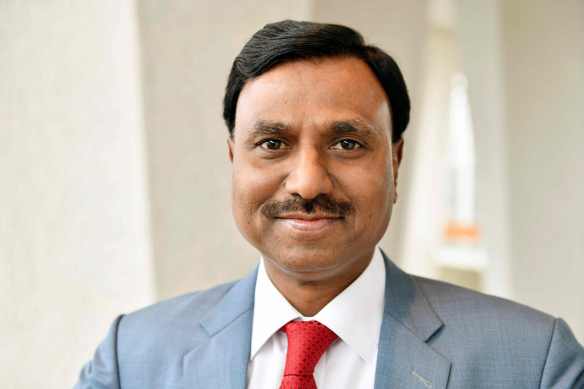
Srinivas B. Reddy, Chief of the ILO’s Skills and Employability Branch, Employment Policy Department
Digital technologies – such as artificial intelligence, 3D printing, cognitive computing, big data, automation, the Internet of Things, advanced robotics and blockchain – are affecting many occupations, both jobs and tasks. The types of skills being demanded by employers are also changing, causing disruption in the task and skill profiles of traditional occupations, such as those in the manufacturing sector. The gig economy also emerged, with people working flexible hours, often producing deliverables with the help of technology.


